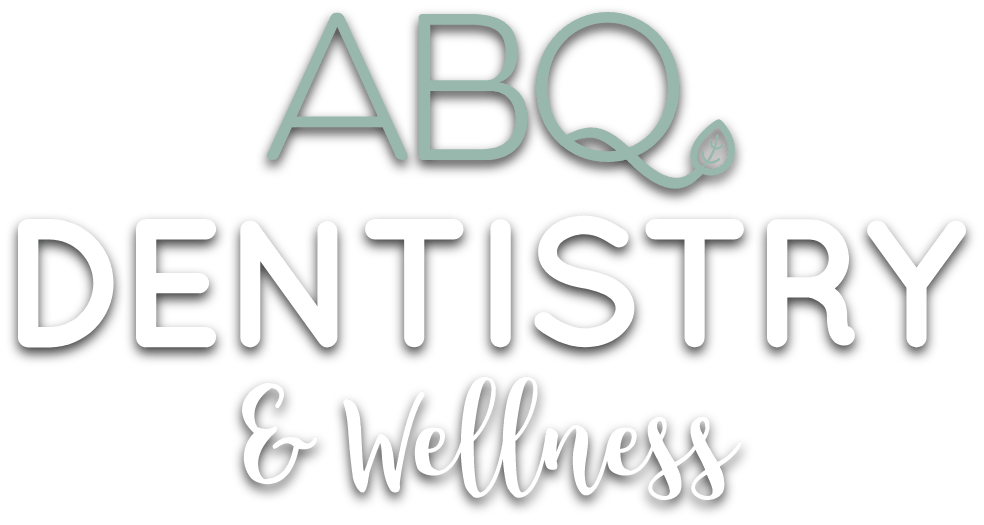Community
How we Diagnose and Treat Sensitive Teeth
 Why can eating ice cream or hot soup hurt your teeth? Tooth sensitivity is a real issue for many people and can be inconvenient and frustrating. The good news is there are treatment options available if you experience sensitivity. To understand how to prevent and treat sensitivity we first need to understand why tooth sensitivity happens.
Why can eating ice cream or hot soup hurt your teeth? Tooth sensitivity is a real issue for many people and can be inconvenient and frustrating. The good news is there are treatment options available if you experience sensitivity. To understand how to prevent and treat sensitivity we first need to understand why tooth sensitivity happens.
Anatomy of a tooth
The outermost layer of the tooth is called the enamel. This hard surface protects the inner layers from encountering foods and drinks. However, when the enamel layer is worn down, broken off, or damaged the underlayer — the dentin — is exposed to these things. The dentin is full of tubes or holes that lead directly to the pulp and underlying nerves. When food and drink penetrate the dentin, it triggers pain in the tooth root. There are several reasons the outer layer of the tooth might become worn or damaged.
Some ways include:
- Chipped or fractured teeth: If you have an accident or there is trauma to your mouth, you may chip off a piece of your enamel. If the enamel chips off, it may expose the dentin or pulp, this exposes the inner layers of the damaged tooth to food, drink, brushing, or flossing.
- Tooth decay: If you have tooth decay or cavities, that means bacteria have penetrated the enamel and created direct access to the inner layers of the tooth. If you have a cavity, you may feel pain when you eat or drink.
- Problems with fillings: If you have a filling that has broken, there may be space for food and drink to get to the nerve and cause pain. If you notice a filling falls out or breaks, make sure you contact your dentist right away.
- Gum disease: Periodontal disease can also cause sensitivity. Gum disease happens when bacteria cause the soft tissue surrounding the base of the teeth to become separated from the tooth. Once the gums are no longer creating a good seal on the tooth, the roots become exposed.
- Enamel erosion: Several other things can cause the enamel layer of the teeth to erode. If you grind your teeth or drink a lot of acidic beverages, your enamel may wear down and expose the underlying dentin. Or, if you have acid reflux or low saliva flow you are at higher risk. The enamel is an important protective factor for sensitivity. If you have tooth sensitivity or tooth pain, it’s likely there is an issue with your enamel. Your dentist will take X-rays and examine your gums to determine what is causing the pain.
Treatment options
Depending on your specific issue, there are different treatment options available. Your dentist may prescribe desensitizing or remineralizing toothpaste. These toothpastes have ingredients that help block the tubules that lead to the nerve. Some also contain ingredients that help block the pain from the nerve signal to the brain. Fluoride is also an option. Fluoride helps strengthen tooth enamel. If you have a chip, cavity, or fracture a filling, crown, root canal, inlay or onlay could be a solution. These restorative procedures seal the gap in the tooth so outside food and drinks can’t reach the root. If your sensitivity is caused by receding gums, your doctor may suggest gum grafting to cover the exposed root and reduce sensitivity.
The best treatment is prevention
To prevent sensitive teeth, it’s important to have good home care. You should also make sure you visit your Albuquerque dentist, Dr. Giron at ABQ Dentistry and Wellness regularly. If you have sensitivity, make sure you call us so we can determine the cause and offer a solution. Call ABQ Dentistry and Wellness today!
The content of this blog is not intended to be a substitute for professional medical advice, diagnosis, or treatment. Always seek the advice of qualified health providers with questions you may have regarding medical conditions.










